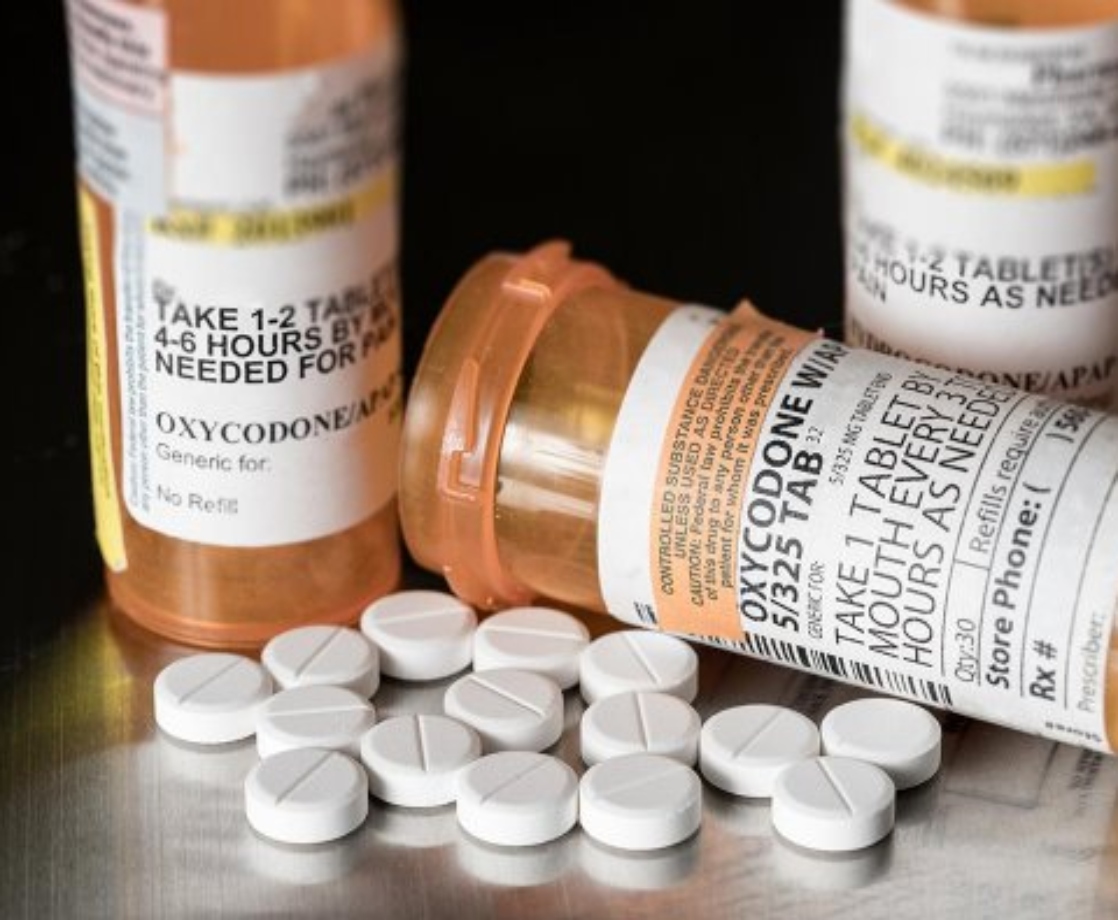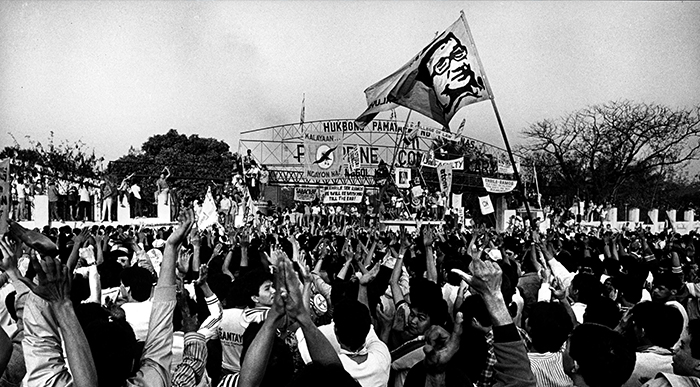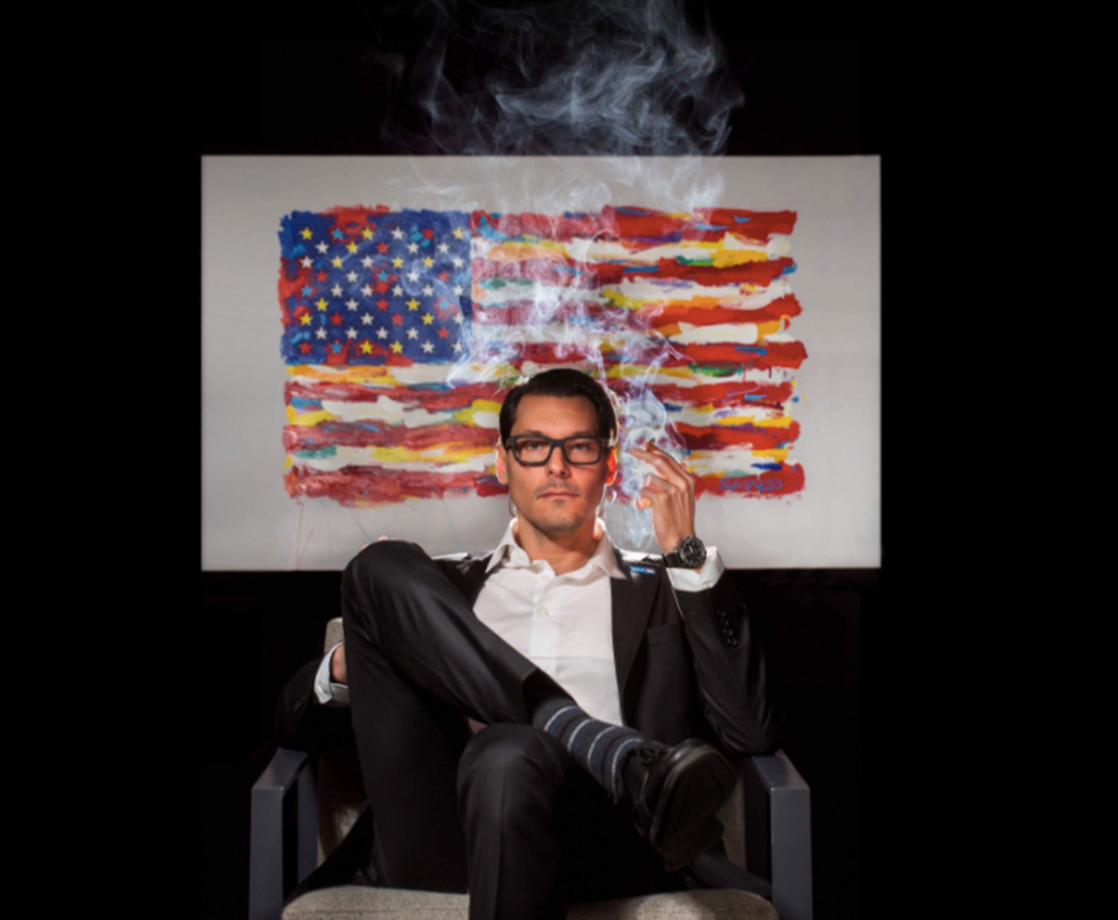Last Tuesday marked the beginning of a landmark trial against one of the country’s largest pharmaceutical companies. And depending on how it pans out, the case could set a precedent that holds drug companies accountable for their role in the opioid crisis. This case was brought against Johnson & Johnson by Oklahoma Attorney General Mike Hunter, who alleges that the company intentionally boosted sales by downplaying the addictive risks of the opioid medications it was selling.
Hunter also filed suit against OxyContin manufacturer Purdue Pharma and Teva Pharmaceutical, but both of these companies settled the claim out of court. Purdue settled in March for $270 million, and Teva settled last weekend for $85 million. Johnson & Johnson is the sole remaining defendant in the trial, which is expected to last for months.
“We believe our evidence is persuasive and compelling with regard to their legal responsibility for thousands of deaths and hundreds of thousands of addictions in the state,” Hunter said, according to CNBC. Oklahoma alleges that the deceptive marketing strategies pushed by these companies created an oversupply of painkillers, which in turn helped fuel the opioid crisis. The state is estimating that it will cost them $12.7 to $17.5 billion to resolve this crisis.
As the trial began, Hunter accused the pharmaceutical giant of prioritizing profits over ethics, creating the “worst man-made public health crisis in the history of our state and country,” NBC News reports. In his opening statement, Brad Beckworth, an attorney for the state, argued that the company deliberately created a marketing push that led doctors to overprescribe Duragesic and Nucynta, two drugs manufactured by J&J. “If you oversupply, people will die,” Beckworth said repeatedly during his statement.
Larry Ottway, attorney for Johnson & Johnson, denied any wrongdoing on the part of his client. Ottway argued that the company labeled all of its drugs properly, while highlighting all of the potential dangers of addiction and side effects. The attorney also argued that the company’s opioid sales only account for a small portion of the total painkiller market in Oklahoma, and hence the company could not bear the brunt of responsibility for the crisis.
The results of this trial will likely set a precedent for thousands of other lawsuits attempting to hold the pharmaceutical industry responsible for the opioid crisis. One federal judge in Ohio currently has 1,850 similar cases consolidated into one single trial slated for this October. Legal experts have drawn comparisons to a series of lawsuits that individual states brought against the tobacco industry over twenty years ago, which led to a $246 billion settlement in 1998.











